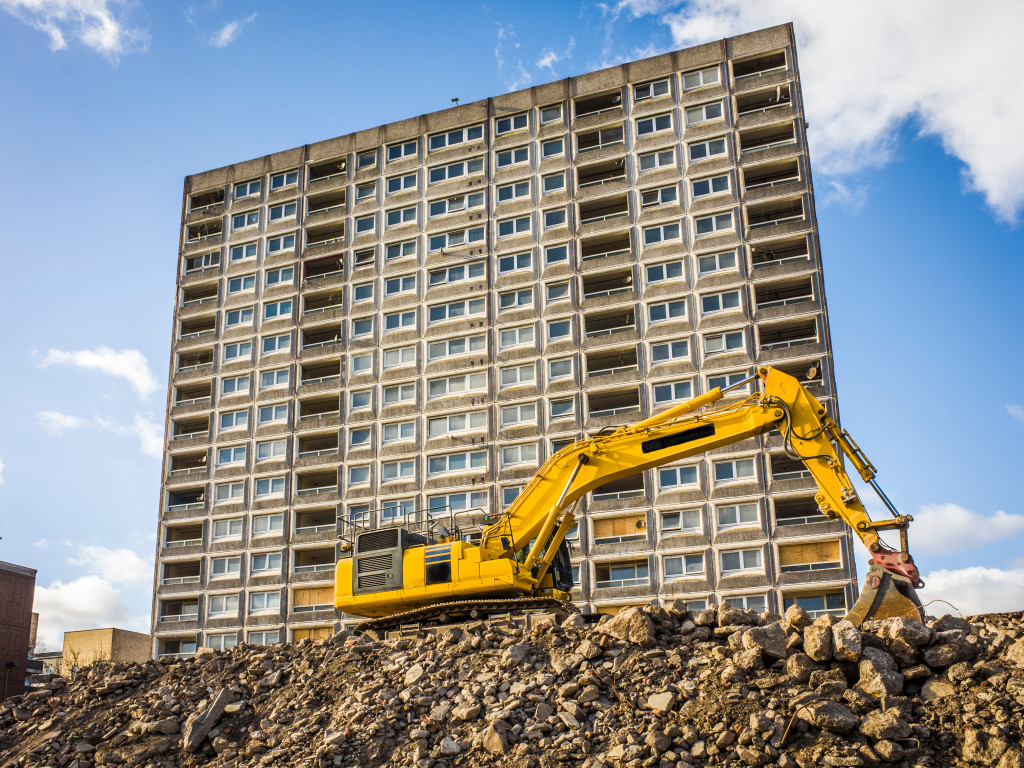Construction managers have a lot on their plate. They need to plan and oversee the construction project, but they also have to make sure all of the necessary equipment is on hand and in working order. To save time and money, managers need to compile a required maintenance and safety procedures checklist. By doing so, they can avoid costly repairs and downtime due to equipment failure. First, let’s discuss the importance of managing construction equipment.
Importance of Managing Construction Equipment
Ensuring that your workers have the appropriate equipment is vital to any construction project. It ensures that the job gets done efficiently, but it also helps to avoid potential accidents. If a piece of equipment is not maintained correctly, it can break down and cause injuries or fatalities. That’s why it’s so important for construction managers to have a system in place for managing their equipment.
Key Benefits to Properly Managing Your Construction Equipment
1. Avoid Costly Repairs
By regularly inspecting and servicing your equipment, you can avoid costly repairs down the road. Regular maintenance will also help extend the life of your equipment. Repairs can be costly, so it’s essential to do everything to avoid them.
2. Save Time
If a piece of equipment breaks down, it can cause significant delays in your construction project. By having a system in place for managing your equipment, you can avoid these costly delays. Preventative maintenance is always cheaper and faster than waiting for something to break.
3. Improve Safety
Properly maintained equipment is much safer to use than equipment that has not been adequately maintained. By ensuring that your equipment is in good working order, you can help to avoid potential accidents and injuries.
4. Increase Productivity
Well-maintained equipment is more efficient and productive than equipment that has not been adequately maintained. By taking care of your equipment, you can help to increase productivity on your construction site. Productivity wins time, which saves money.
5. Save Money
In addition to saving time, properly managing your construction equipment can also save you money. You can keep more of your hard-earned money in your pocket by avoiding costly repairs and downtime.
Here Are Some Tips for Managing Construction Equipment
1. Inspect Equipment Regularly
As a construction manager, it is your responsibility to ensure that all equipment is regularly inspected for safety and maintenance purposes. By conducting regular inspections, you can help avoid costly repairs and downtime due to equipment failure. Checks should be performed before, during, and after each job.

2. Maintain Equipment Properly
To keep your construction equipment in good working condition, it is essential to maintain it properly. This includes regularly cleaning and lubricating the equipment, as well as performing any necessary repairs on time. Maintaining your equipment will help extend its life and avoid costly repairs down the road.
3. Store Equipment Safely
Construction equipment should be stored safely to avoid damage when not in use. This means keeping the equipment clean and dry and out of the reach of children and animals. For example, enclosed trailers are an excellent option for storing construction equipment. Store your gear safely to avoid damage and keep it in good working condition.
4. Use Equipment Safely
It is essential to use construction equipment safely to avoid injuries and damage. Always follow the manufacturer’s safety instructions, and be sure to train any employees who will be using the equipment properly. Equipment should be used for its intended purpose and only by qualified individuals. Never allow anyone to use equipment that is not adequately trained.
5. Keep Detailed Records
As a construction manager, it is essential to keep detailed records of all equipment. This includes information such as the make, model, and a serial number of each piece of equipment. Records should also be kept of all maintenance and repair history. This information will be helpful if any issues arise with the equipment.
6. Dispose of Equipment Properly
When construction equipment is no longer needed, it is essential to dispose of it properly. This includes recycling or donating the equipment and disposing of any hazardous materials in accordance with local regulations. Dispose of your equipment correctly to avoid environmental damage and keep your construction site safe.
Conclusion
By following these simple tips, construction managers can help save time and developing to develop a maintenance and safety plan; they can avoid costly repairs and downtime. By regularly inspecting the equipment, they can ensure that it is being used properly and that all safety procedures are being followed. And by properly cleaning and storing the equipment after each project, they can prevent future damage.

